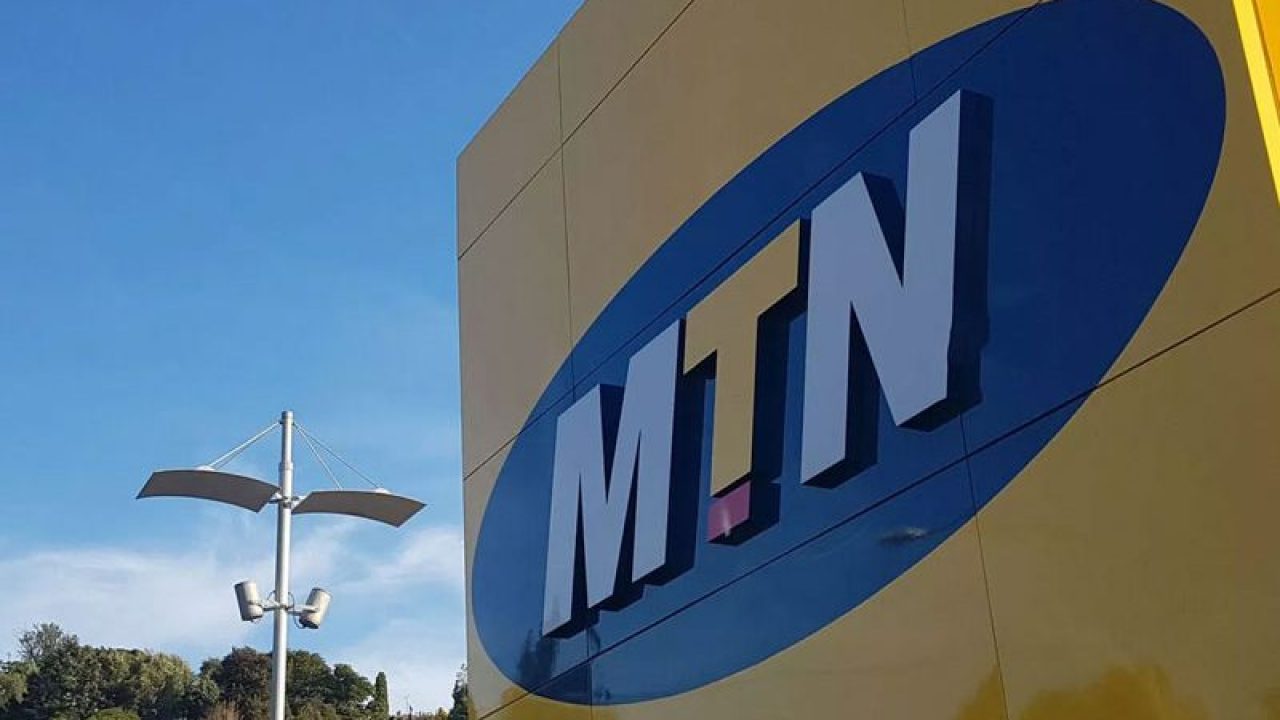
In a significant leap towards enhancing digital connectivity in Africa, MTN, the continent’s largest mobile operator, is setting its sights on partnerships with low-Earth orbit (LEO) satellite providers. This strategic initiative aims to bridge the internet access gap in rural and remote areas, where traditional telecommunications infrastructure often falls short. As CEO Ralph Mupita recently announced, the company is actively conducting trials with various LEO satellite operators, signaling a transformative shift in how internet services may be delivered across the region.
The Need for Enhanced Connectivity
Bridging the Digital Divide
Africa has long struggled with inadequate internet access, particularly in rural regions where the cost of deploying traditional infrastructure is prohibitive. The advent of satellite internet presents a viable solution to this persistent problem. With LEO satellites operating at altitudes between 300 km and 2,000 km, they offer high-speed internet capabilities that can reach underserved populations effectively and efficiently. This technology not only promises to enhance connectivity but also to empower local businesses and communities by providing them with reliable access to information and services.
MTN’s Strategic Vision
Mupita emphasized the necessity of adopting satellite technology as a complementary solution to existing services. “To keep customers and businesses connected at all times, we’re going to have to embrace satellite as an additional technology form,” he stated during a media briefing. This proactive approach highlights MTN’s commitment to ensuring that its customers remain connected, regardless of their geographical location.
Competition in the Satellite Space
A Growing Trend Among Telecoms
MTN is not alone in its pursuit of satellite partnerships. Competitors like Vodacom and Cell C are also exploring similar arrangements. Vodacom has already announced a collaboration with Amazon’s Project Kuiper, demonstrating that the race for satellite internet supremacy is heating up among South Africa’s telecom giants. This competitive landscape underscores the urgency for MTN to secure its position in the market while meeting the evolving needs of its customer base.
Challenges Ahead
While the potential for satellite internet is immense, challenges remain. Regulatory hurdles pose significant obstacles for companies like Starlink, which has faced difficulties in obtaining necessary licenses and approvals in South Africa. The Independent Communications Authority of South Africa (ICASA) is currently developing a regulatory framework for satellite internet providers, which will be crucial in determining how these services can operate within the country.
Regulatory Landscape
Call for Fairness
Mupita has been vocal about the need for regulatory fairness in this burgeoning sector. He argues that LEO operators should be held to the same standards as terrestrial operators regarding data privacy, localization, and spectrum access. “Our ask is that there just be a level playing ground,” he asserted. This call for equitable treatment reflects a broader concern within the industry about maintaining competitive integrity as new technologies emerge.
The Role of ICASA
As ICASA works on establishing clear guidelines for satellite internet providers, it is essential that these regulations foster an environment conducive to innovation while ensuring consumer protection. The outcome of this regulatory process will significantly impact how quickly and effectively companies like MTN can roll out their satellite services.
Future Prospects
A New Era of Connectivity
The potential benefits of MTN’s partnerships with LEO satellite providers extend beyond mere connectivity; they could catalyze economic growth across various sectors. By providing reliable internet access to rural communities, MTN can facilitate e-commerce, education, and telehealth services that were previously out of reach for many individuals.
Embracing Innovation
In an era where digital transformation is critical for survival, MTN’s exploration of satellite technology represents a forward-thinking approach to addressing connectivity challenges. By positioning itself as a leader in this space, MTN not only enhances its service offerings but also contributes to narrowing the digital divide across Africa.
Conclusion
MTN’s initiative to partner with LEO satellite providers marks a pivotal moment in the quest for improved internet access throughout Africa. As the company navigates regulatory challenges and competitive pressures, its commitment to innovation and customer connectivity will be vital in shaping the future of telecommunications on the continent. With strategic foresight and collaborative efforts, MTN is poised to redefine how rural communities engage with the digital world—turning what was once a distant dream into a tangible reality.














 and then
and then